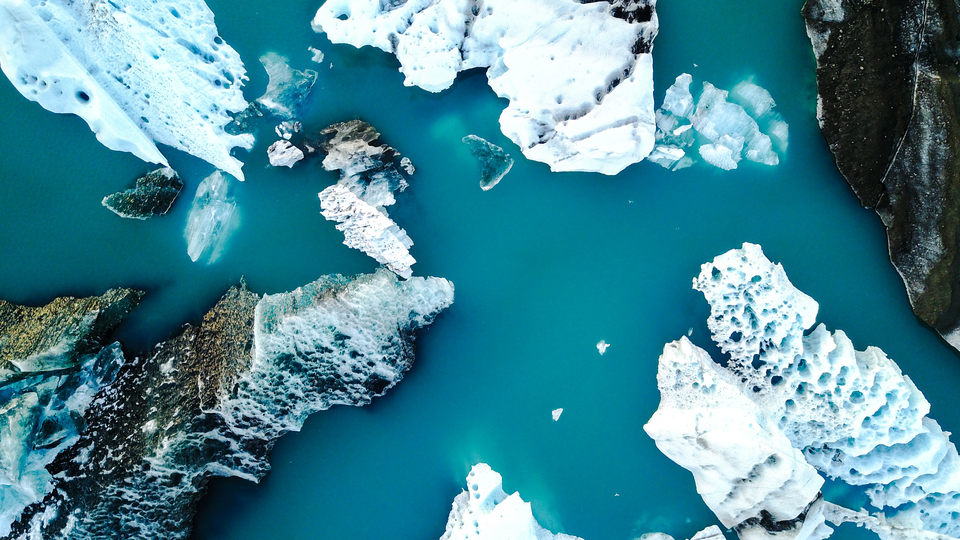
How is the Arctic air and climate affected by soot particles?
The Arctic is experiencing dramatic, transformative effects of climate change. An important contributing factor to climate change is soot particles. In the EU project Arctic Black Carbon Impacting on Climate and Air Pollution (ABC-iCAP), work is under way to learn more about and limit the climate impacts of soot.
Black carbon, i.e. soot, is produced by incomplete combustion of fossil fuels and biomass. As dark particles they absorb heat from the sun, and when they land on snow and ice, the melt rate can accelerate. Thus, black carbon tributes significantly to the warming of the Arctic, and is an air pollutant that affects people's health very negatively.
ABC-iCAP is a continuation of the EU project Action on Black Carbon, which started in 2017. Like its predecessor, ABC-iCAP helps support the international collaboration aimed at reducing the emission of soot particles by developing technical decision support and scenario analyses. the project is managed by the Norwegian Arctic Monitoring and Assessment Program (AMAP). Visit the project website here. External link, opens in new window.
External link, opens in new window.
Project facts
- Project partners: Carbon Limits, Norway Environment Agency of Austria (EAA) Finnish Meteorological Institute (FMI) International Climate and Cryosphere Initiative (ICCI) – Europe (Sweden) International Institute for Applied Systems Analysis (IIASA) (Austria) INTERACT Non-Profit Association (INPA) (Sweden) Norwegian Institute for Air Research (NILU) Norwegian Institute for Public Health (NIPH), Finnish Environment Institute (SYKE), IVL Svenska Miljöinstitutet
- Budget: EUR 820 000
- Period: 2022 - 2023
Contact
Want to know more about IVL's services and offers? Enter your email address and choose which area you want to know more about, and we will get back to you.
NOTE! For questions about vacancies and thesis work, go to the Careers
tab in the main menu.
